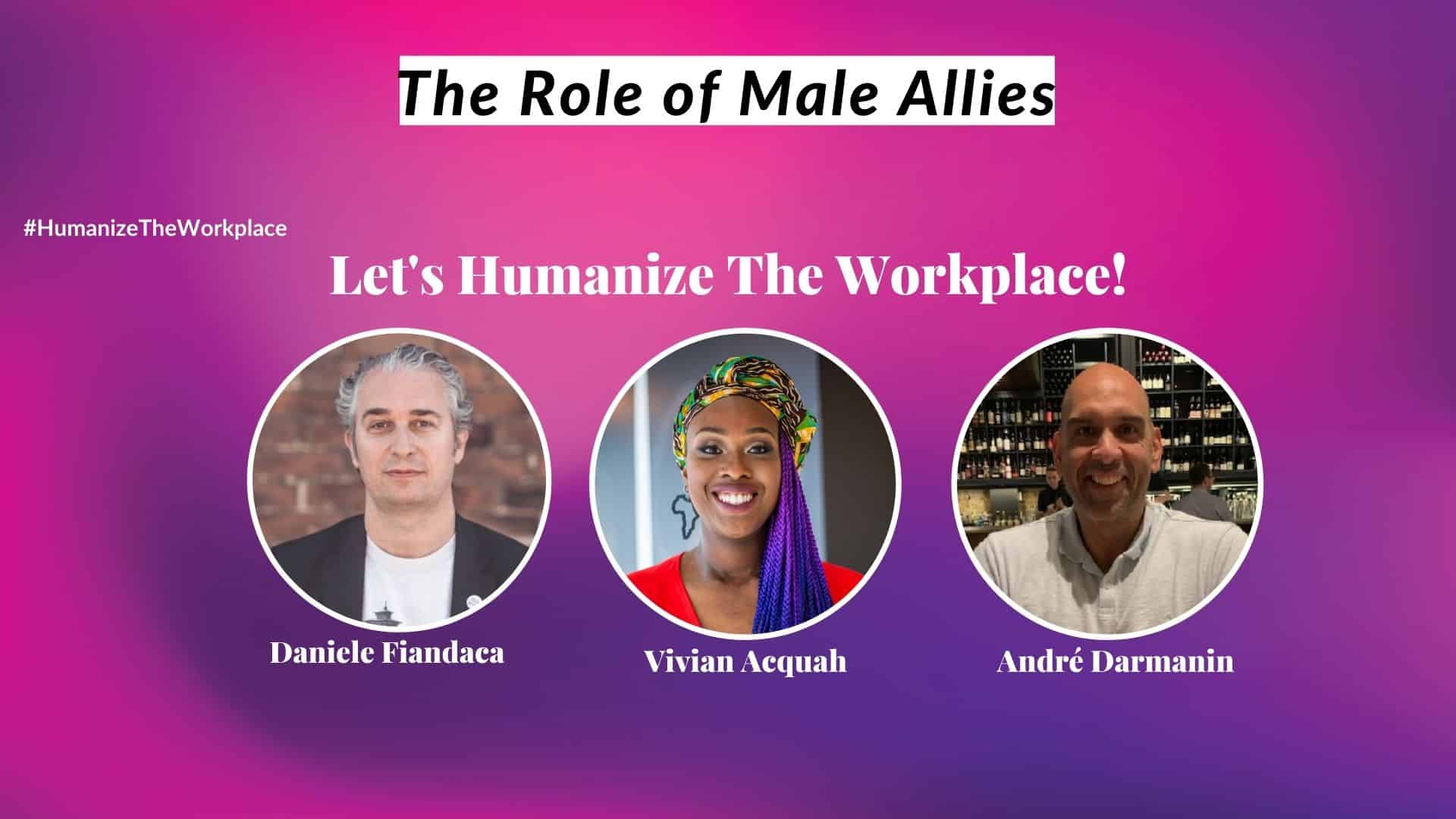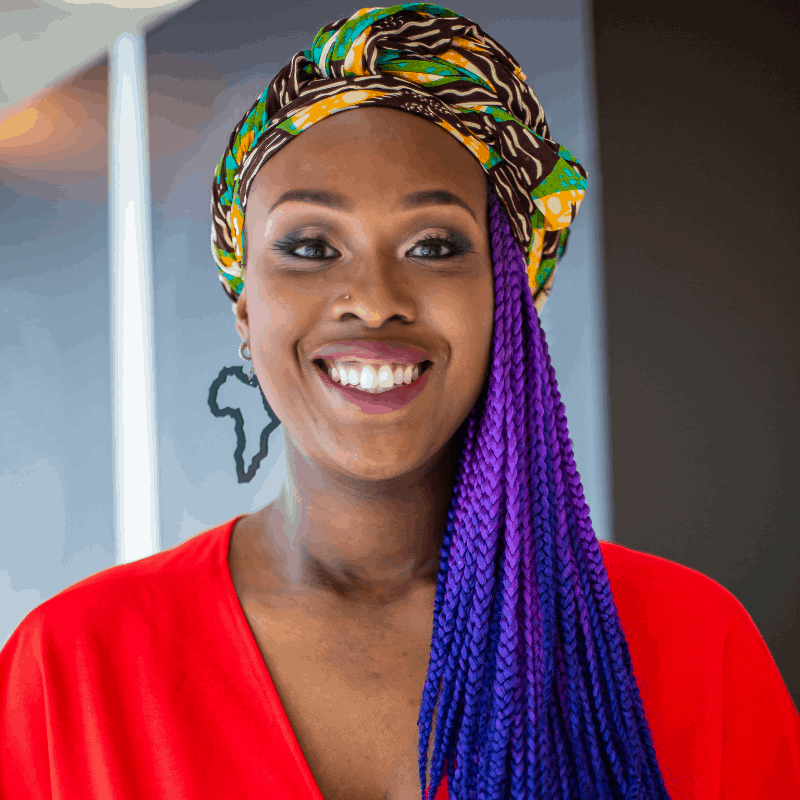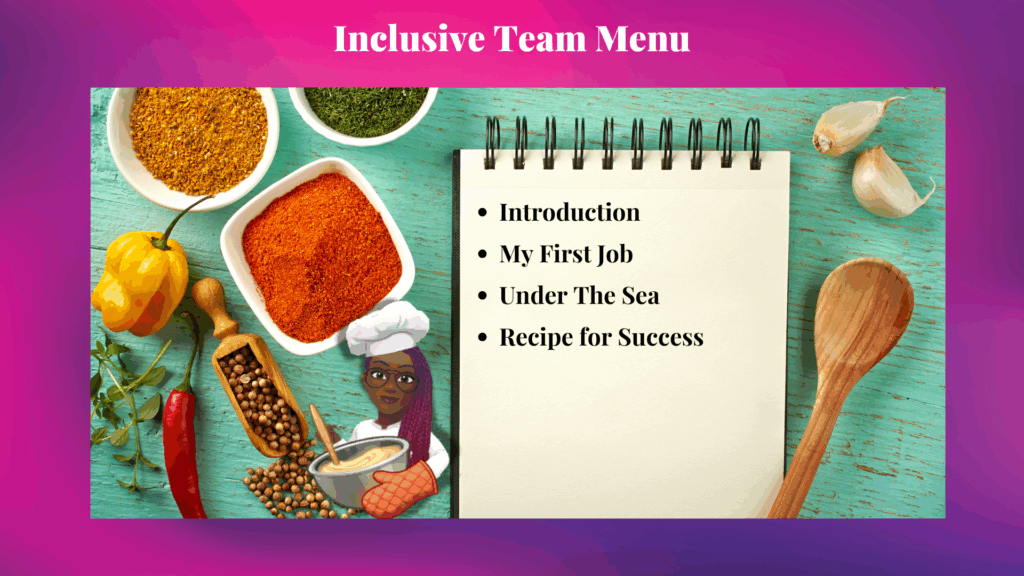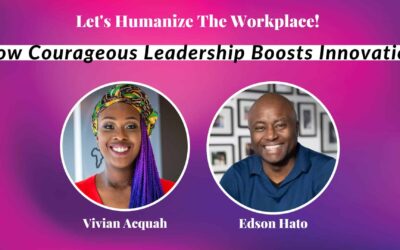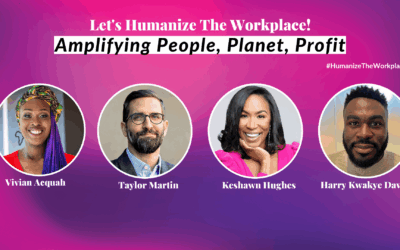In the latest episode of “Humanize the Workplace,” hosted by Vivian Acquah, the role of male allies in promoting inclusive leadership, equity, and cultural intelligence took center stage. With thought-provoking insights from Daniele Fiandaca and André Darmanin, this episode provided a platform to delve into the challenges, triumphs, and evolving responsibilities of male allies in the workplace.
- Speakers
- The Evolution from Allies to Inclusive Leadership
- Breaking Down Complex Systems for Change
- Overcoming Allyship Challenges and Embracing Vulnerability
- The Need for Authentic Allyship and Active Support
- Prioritizing Work-Life Balance and Sustainable Competitive Advantage
- Recognizing and Addressing Intersectionality in the Workplace
- Promoting Collective Action and Support Networks
- Humanizing the Workplace: Cultivating Empathy and Cultural Intelligence
- Conclusion: Engaging Men in the Journey Towards Inclusivity
- FAQ
Speakers
Vivian Acquah CDE® (host of the show) As a Certified DEI Consultant and Certified Diversity Executive, Vivian Acquah, CDE®, advises managers on how to keep their team members engaged, energized, and safe in a sustainable manner.
Daniele Fiandaca is the founder of Token Man Consulting, an I&D consultancy that specializes in engaging men with the I&D strategy and inspiring them to become change-makers.
André Darmanin is a global inclusion strategist, founder and CEO of Urban Equity Consulting Services, and host of the Global Conversations webcast.
The Evolution from Allies to Inclusive Leadership
Daniele Fiandaca emphasized the transformational aspect of allyship, underscoring the need not just to passively support marginalized groups but also to actively engage in reshaping the system to address exclusion. This shift from allyship to inclusive leadership calls for a more holistic and proactive approach characterized by the willingness to challenge and change existing norms and structures. Mentoring, while fundamental, is only the first step; true allyship involves advocating for and implementing systemic change to foster inclusivity.
Breaking Down Complex Systems for Change
Fiandaca highlighted the concept of “hacking” as a powerful tool for navigating and transforming complex systems. By deconstructing intricate systems into more manageable elements, individuals can pave the way for strategic and sustainable change. André Darmanin echoed this strategy, which emphasizes the need to dismantle and innovate within current frameworks to create more inclusive spaces, particularly in male-dominated fields like urban planning and transportation.
Overcoming Allyship Challenges and Embracing Vulnerability
The podcast touched upon the challenges and fears faced by men in supporting gender equality and inclusion. Embracing vulnerability and discomfort, as advocated by Daniele Fiandaca, is crucial in fostering an environment where men feel empowered to actively engage in creating change. By acknowledging and addressing these obstacles, individuals can work towards a workplace culture that encourages open dialogue, learning, and growth.
The Need for Authentic Allyship and Active Support
André Darmanin emphasized the distinction between genuine, consistent allyship and performative gestures. True allies actively listen, show up, and advocate for diverse representation in leadership roles. Additionally, they play a pivotal role in elevating awareness, education, and support for women’s experiences, ultimately driving equity and inclusion across all facets of the workplace.
Prioritizing Work-Life Balance and Sustainable Competitive Advantage
Balancing work and personal life is vital for nurturing sustainable leadership and fostering an environment where individuals can thrive. Daniele Fiandaca highlighted the significance of promoting sustainable competitive advantage by leaning in to create collaborative, supportive networks. By providing support and sponsorships based on individual needs rather than gender or race, organizations can pave the way for greater gender equity and inclusion.
Recognizing and Addressing Intersectionality in the Workplace
The conversation shed light on the pressing need for recognizing and addressing intersectionality in the workplace, encompassing gender, race, and social mobility. A holistic approach to diversity, equity, and inclusion should encompass all aspects of identity and lived experiences. Moreover, men are encouraged to actively engage in conversations surrounding diversity rather than limiting discussions to a singular focus on gender.
Promoting Collective Action and Support Networks
Mentorship, sponsorship, and coaching were hailed as crucial aspects of the leadership journey. By promoting collective partnerships, fostering support networks, and advocating for diverse representation, individuals can work towards creating a workplace culture that celebrates the richness of human experiences, backgrounds, and perspectives.
Humanizing the Workplace: Cultivating Empathy and Cultural Intelligence
The concept of humanizing the workplace was a recurring theme throughout the discussion. Understanding cultural differences, embracing empathy, and creating brave spaces for open dialogue were highlighted as key factors in fostering an inclusive work environment. By making space for diverse experiences and promoting active listening, organizations can cultivate a culture of respect, understanding, and collaboration.
Conclusion: Engaging Men in the Journey Towards Inclusivity
The role of male allies in the journey towards inclusivity and equity cannot be understated. By embracing vulnerability, addressing challenges, and actively participating in creating systemic change, male allies can play a pivotal role in fostering a more inclusive and humanized workplace. As the dialogue expands to encompass a broader spectrum of experiences and identities, it is imperative to engage men in these conversations, encouraging them to be active allies in the pursuit of a more equitable and empathetic workplace.
The enriching dialogue featured in the Humanize The Workplace podcast serves as a powerful catalyst for driving greater awareness, understanding, and action in creating a workplace culture characterized by inclusivity, equity, and humanization. By embracing inclusive leadership and prioritizing authentic allyship, individuals and organizations can work towards fostering a workplace environment where everyone feels seen, heard, and valued.
Need support in Amplifying DEI from within?

The Amplify DEI Card decks are designed to support you in creating more inclusive environments and encouraging conversation. Increase your self and team awareness with the Amplify DEI Cards.
Click here to learn more about the Amplify DEI Cards.
Latest Post
- The Role of Inclusive Workshop Facilitator in Transforming Teams
- The Role of Male Allies: A Conversation on Inclusive Leadership and Cultural Intelligence
- How Courageous Leadership Boosts Innovation
- Powerful Employee Resource Groups (ERGs): Driving Organizational Success
- Stripe’s Best Practices for Employee Layoff: A Blueprint for Psychological Safety
